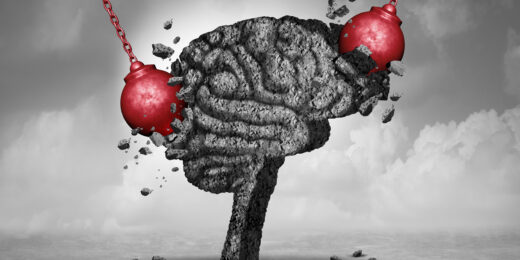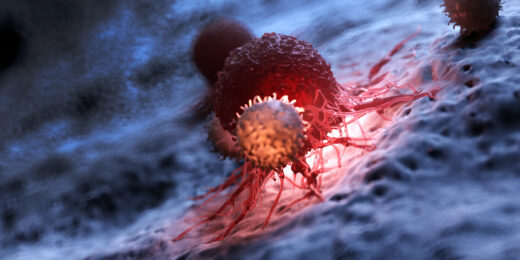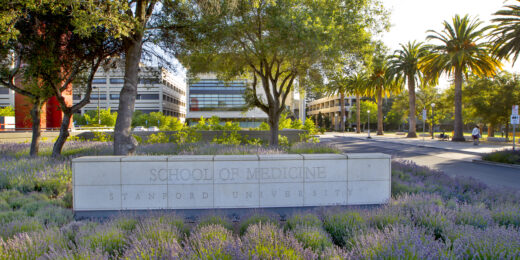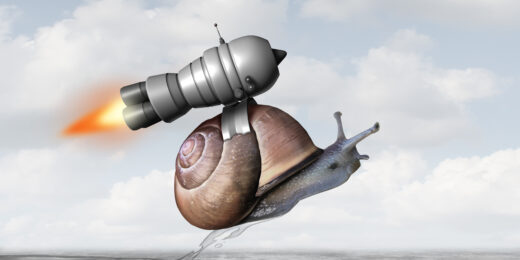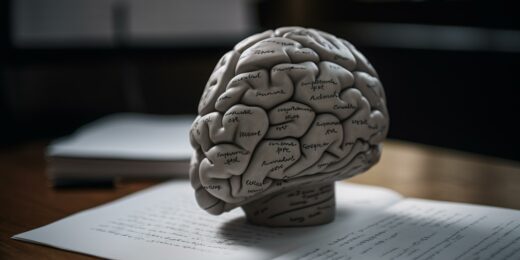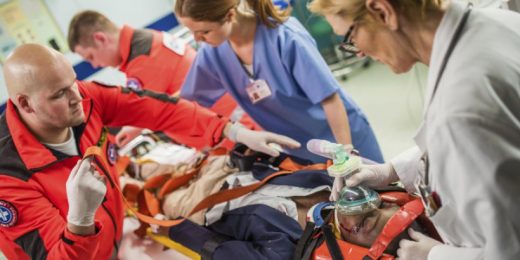Updated April 18, 2022 If you eat a vegan or vegetarian diet, or if you're just aiming to keep your iron levels up, you probably …
Tag: News Home
Promoted to News Center home page.
Donor gift leads to innovative cancer clinical trial
When Jeff Schottenstein's wife was diagnosed with gastric cancer in 2014, he immediately jumped into action and left no stone un-turned in researching potential solutions to …
Stanford headache specialist demystifies migraine auras
I have close friends who get debilitating migraines so I knew a bit about auras, which are sensory disturbances that often precede migraine headaches. But experiencing …
To prevent altitude sickness, same-day medication may help
Part of my graduate school orientation took place in California's White Mountains. I'll never forget the ancient bristlecone pines, stunning views, or how sick and …
Mowing down cancer: A podcast featuring Stanford chemist Carolyn Bertozzi
To explain her work, Stanford chemistry professor Carolyn Bertozzi, PhD, often turns to analogies. Cancer cells, she says, are like M&M'S with a hard sugar coating. …
In study, female OB/GYNs less likely than males to receive top patient satisfaction scores
Gender bias can rear its head in unexpected ways. In a new study from Stanford researchers, female OB/GYNs were 47 percent less likely to receive …
On transitions and identity: A reflection by Stanford’s Philip Pizzo
Philip Pizzo, MD, began planning for life after medicine before he had barely begun to work as a doctor. As a resident in pediatrics, Pizzo, …
Taking painkillers with sleeping pills is an increasingly risky business
For those of us following the confounding opioid epidemic, there's more bad news. Stanford researchers have determined that taking strong prescription painkillers together with sleeping …
False advertising? “Natural” cigarettes are bad for nature, Stanford researchers say
A trio of Stanford researchers has published an editorial in Tobacco Control, criticizing the makers of a brand of cigarettes for claiming to be environmentally …
Do MRI scans damage your genes?
MRI is a powerful, non-invasive diagnostic tool widely used to investigate anatomical structures and functions in the body. Though generally considered to be safe, several studies …
Snails can travel far, spreading disease, researchers find
I would expect it to take all day for a snail to get across my backyard and its entire life to get around my neighborhood. …
Stanford researchers exploring consequences of Tuskegee syphilis study
I first learned about the secret U.S. government syphilis study conducted on poor black men in Tuskegee, Alabama, during a college class on ethics. The …
“We know very little about the brain”: Experts outline challenges in neuroscience
The greatest challenge in the field of neuroscience, according to two experts, is that we still don't understand the basics. Around forty students, scientists, and community …
What color is your cloud? Study finds large variability in resident workloads
For decades medical residents have put themselves into two camps: "black clouds" and "white clouds." Black-cloud residents carry with them the bad luck of consistently getting …
Emergency room efficiency could rise by empowering doctors, new study finds
Billboards nationwide boast emergency room wait times — an oft-cited statistic of efficiency. But one way to boost efficiency, without increasing cost, may be to …
Immunotherapy: New hope in treating cancer
There's a new kid on the block in cancer treatment. Actually it's an old kid who's been around for awhile but is being heralded …



